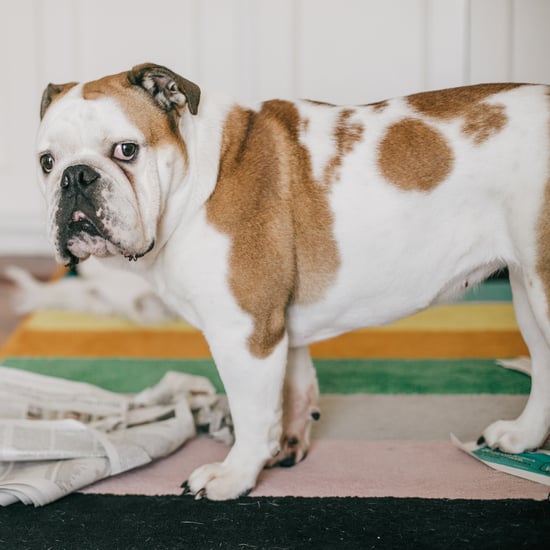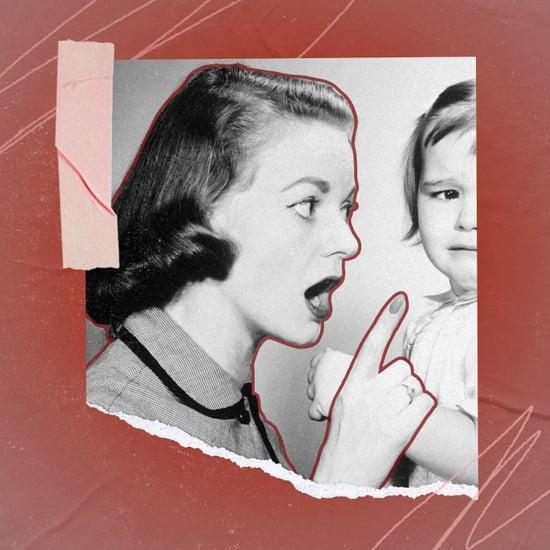Is Spray Sunscreen Safe For Kids?
Parents Should Avoid Using Aerosol Sunscreen on Children For 1 Very Important Reason

After months of plunging temperatures and chilly commutes to work, there are few things parents are looking forward to more than warmer months spent in the sun with the family. And while we love splashing around in the ocean or taking a scenic hike in the woods, protecting our children's skin from the sun's harmful rays is always a top priority. Although any form of sunscreen is obviously better than nothing at all, parents should avoid using the aerosol variety with their kids when possible. Dr. Jean Moorjani — a pediatrician at Orlando Health's Arnold Palmer Hospital for Children — agreed that some sunblock is safer than others.
Although a spray is often the most convenient option — especially when you have children running amuck by the pool — it's definitely not what parents should reach for in the sunscreen aisles of Target.
"A spray can seem really convenient because you can just spray and off you go," Dr. Moorjani told POPSUGAR. "The tricky thing about the spray is the way it's made. Aerosol versions are going to be thinner than lotion, so you don't really know how much sun protection your child is getting because a lot of these sprays have to be administered all over. They're known to miss spots, even though it seems like they get everything."
Another misconceptions about sprays? You don't have to rub them in. Dr. Moorjani explains that this action is still a must. "Aerosol sprays still need to be rubbed in, and it's still going to be a smaller quantity than a regular lotion. We're not really sure how protective this spray sunscreen is."
"So yes, you still can get sunburned even though the sun is not out and it's cloudy."
Parents should be aware there are more risk beyond actual sun protection. Inhaling the sprays can also be detrimental to little ones. "There's a chance that a child could inhale the spray, which isn't great for kids," said Dr. Moorjani. "We don't want children to breathe in any of the aerosol chemicals. Some parents will say, 'Well, my child can hold their breath.' They might be old enough to do that, but it's still not the best choice."
Although there aren't strict guidelines for sunscreen use by age, Dr. Moorjani recommends using lotion on children's bodies and a stick on their faces. Parents should keep babies out of direct sun as much as possible — especially between the hours of 10 a.m. and 4 p.m. — and ensure their infant has sunscreen and a hat on while they're outside.
When shopping for sunblock, moms or dads should look for anything with a SPF of 30 or higher with broad- or full-spectrum coverage that contains 10 to 15 percent of zinc oxide and at least 5 percent of titanium oxide. And as far as reapplication goes? Caregivers should shoot for every two hours, regardless if the bottle is labeled "waterproof" or not.
While sunscreen is extremely important, Dr. Moorjani advises using other forms of protection, too. "I like to encourage parents to think about sunscreen as just one part of the protection of your children skin and sun damage," she said. "I have my kids in long sleeve rash guards so it can help cover up and then use sunscreen on the areas that are exposed." She also wants to remind parents that you can get burned on a cloudy day. "Almost 70 percent of the sun rays still come through on a cloudy day. So yes, you still can get sunburned even though the sun is not out and it's cloudy. If you're outside when it's cloudy, you still need to remember your sun protection."







